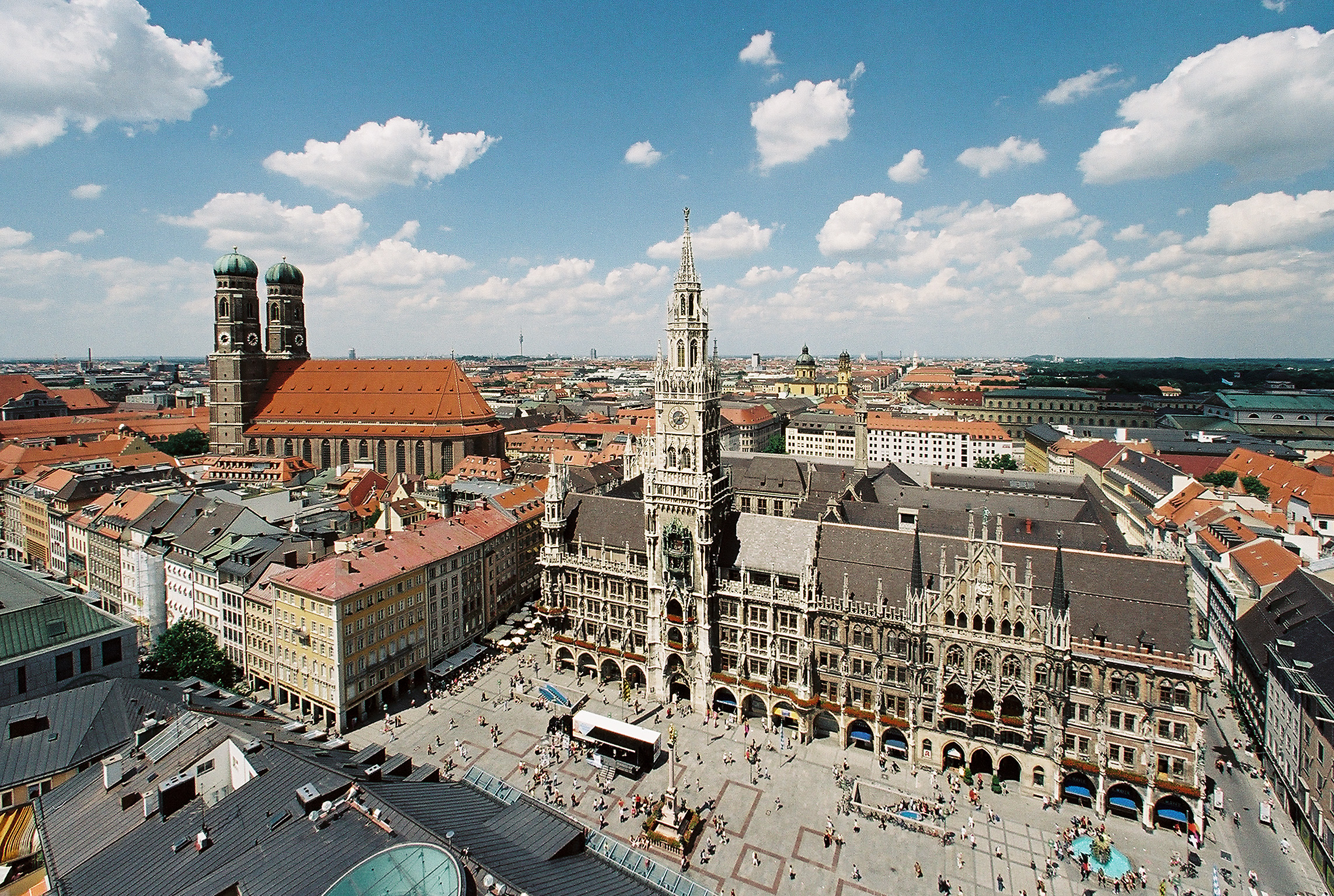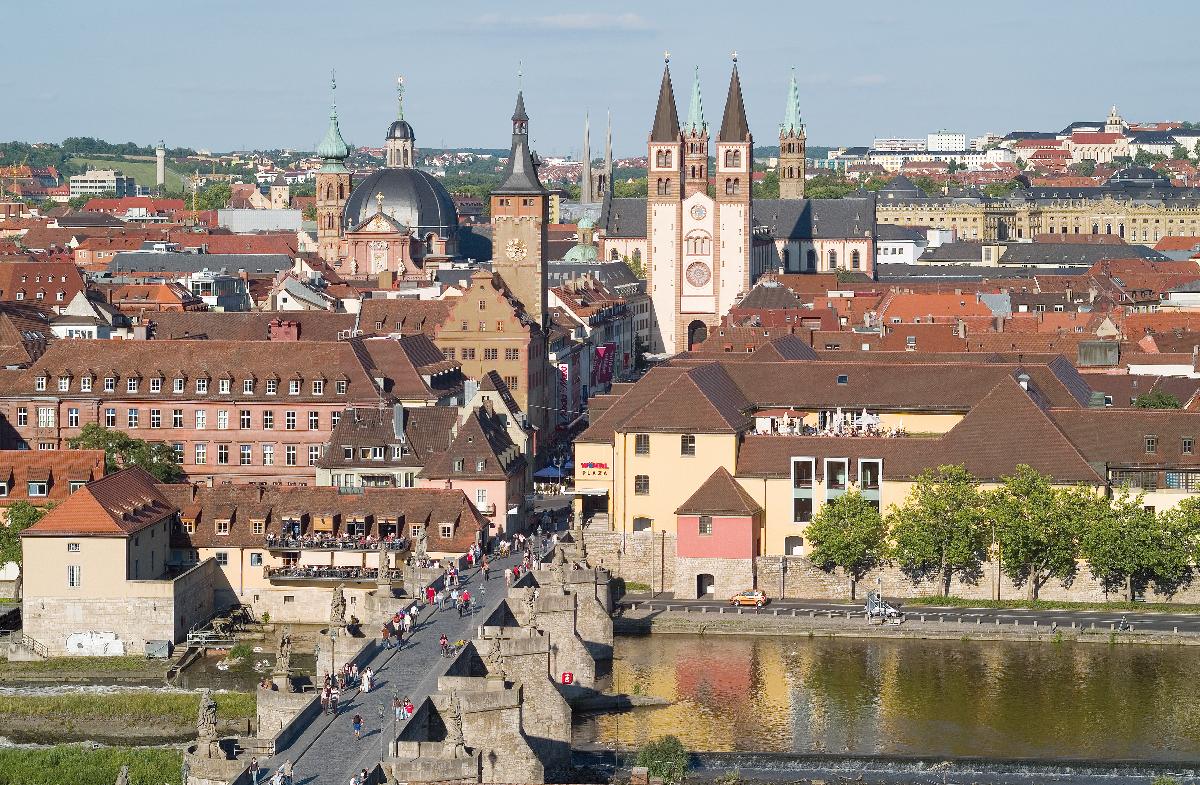iNOW
International Nano-Optolectronics Workshop
26th July to 5th August 2016

Foto: Presse-Service München

(c) Congress-Tourismus-Würzburg, Fotograf: A. Bestle
WELCOME
..to the International Nano-Optoelectronics Workshop 2016, organized jointly by the Walter Schottky Institute of the Technische Universität München (TUM) and the Julius Maximilian University of Würzburg. The physics of nanoscale materials and their devices is a blossoming area of research and development in both academic and industrial laboratories around the world, and the iNOW 2016 workshop will be an unmissable opportunity for young researchers in the field to engage in discussions and share their own ideas on state-of-the-art nanoscale semiconductor processing and synthesis, the new physics behind controlling the optical and electrical properties of materials, cutting edge characterization techniques, and new devices with novel functionalities. As with previous iNOWs, the workshop will feature tutorial-style talks given by leaders of research fields, poster sessions for student presentations, rump sessions, and ample time to enjoy two of Germany's most beautiful cities: Würzburg and München! The iNOW 2016 will be held in two locations in the state of Bavaria: the first part will be held at the Institute of Advanced Studies (IAS) at the Campus Garching of the TUM and the second part will be in the city of Würzburg, held at the Toscana hall in the archbishop's palace the Residenz, a UNESCO world heritage site.
There will also be several social events such as the banquet and excursions in both cities. The workshop promises ample opportunities for interaction with peers, inspiring presentations, exciting discussions, and invigorating debates. We hope your experiences here will stimulate future collaborations and spark future breakthroughs.
We are looking forward to welcome you to München and Würzburg for the iNOW 2016!
Co-Chairs
Markus-Christian Amann (Walter Schottky Institut, München)
Sven Höfling (Universität Würzburg)
Alfred Forchel (Universität Würzburg)
Steering Committee
Markus-Christian Amann, Walter Schottky Institut, TU München
Sven Höfling, Universität Würzburg
Alfred Forchel, Universität Würzburg
Abderrahim Ramdane, LPN CNRS
Dieter Bimberg, Technical University of Berlin
Vladimir Dubrovskii, St. Petersburg Academic University
Guillaume Huyet, Tyndall National Institute
James Harris, Stanford University
Fumio Koyama, Tokyo Institute of Technology
Yi Luo, Tsinghua University
Connie Chang-Hasnain, UC Berkeley
Yasuhiko Arakawa, University of Tokyo
Yidong Huang, Tsinghua University
Confirmed Invited Speakers
Gerhard Abstreiter
Markus Amann
Oliver Ambacher
Yasuhiko Arakawa
Gerald Bastard
Mikhail Belkin
Dieter Bimberg
Jens Buus
Connie Chang-Hasnain
Vladimir Dubrovskii
Vladimir Dyakonov
Gadi Eisenstein
Jonathan Finley
Alfred Forchel
Tobias Gründl
James Harris
Sven Höfling
Yidong Huang
Guillaume Huyet
Gregor Koblmüller
Johannes Koeth
Fumio Koyama
Anthony Krier
Anders Larsson
Yong Hee Lee
Yi Luo
Yoshiaki Nakano
Cun-Zheng Ning
Markus Ortsiefer
Abderrahim Ramdane
Tom Reinecke
Stephan Reitzenstein
Lars Samuelson
Augustinas Vizbaras
Local Organizing Committee
M.-C. Amann (Walter Schottky Institut, München)
S. Höfling (Universität Würzburg)
A. Forchel (Universität Würzburg)
R. Meyer (Walter Schottky Institut, München)
V. Wegmann (Universität Würzburg)
G. Knebl (Universität Würzburg)
C. Dietrich (Universität Würzburg)
D. Huber (Walter Schottky Institut, München)
M. Dallner (Universität Würzburg)
F. Demmerle (Walter Schottky Institut, München)